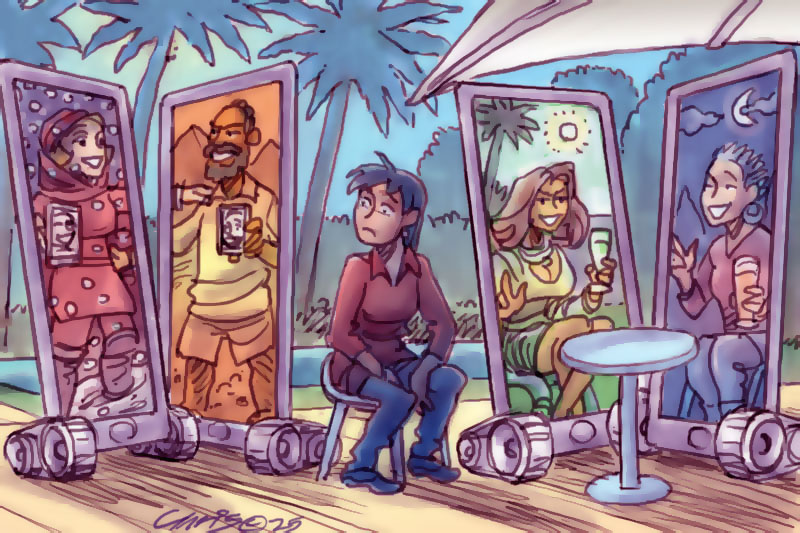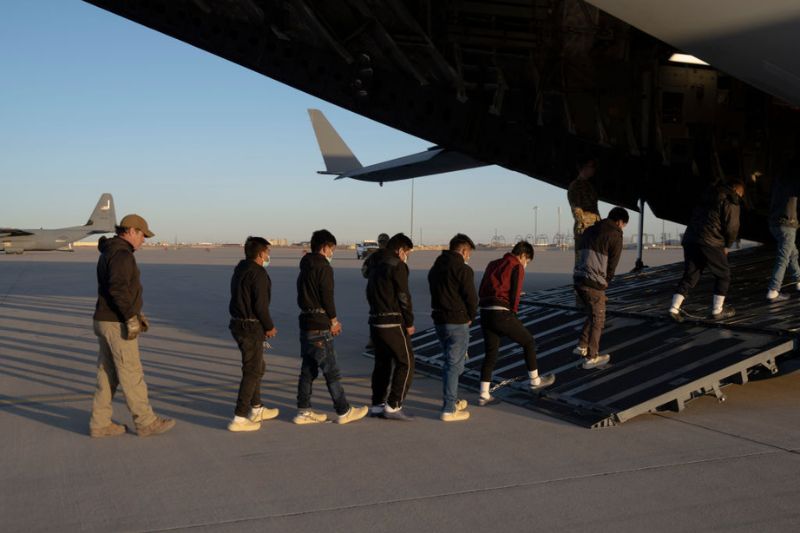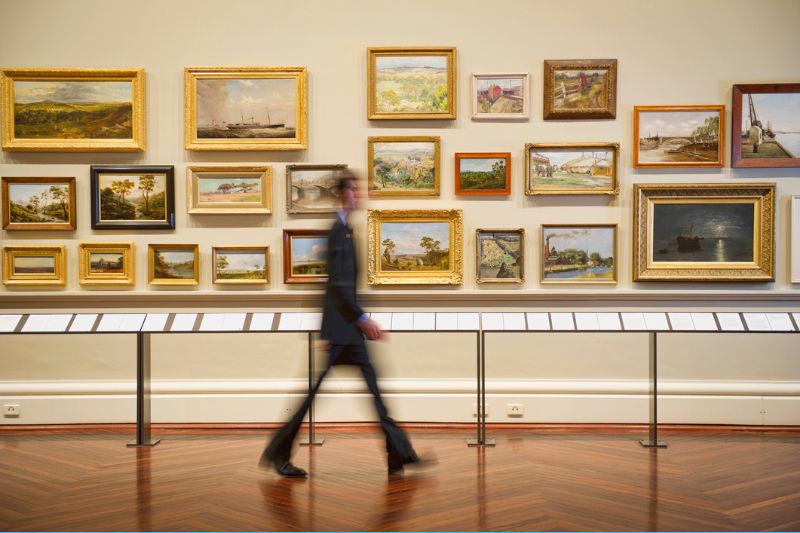Keywords: Social Exclusion
-

INTERNATIONAL
- Andrew Hamilton
- 26 February 2025
Amid debates over inclusion, dignity, and the rule of law, how do entrenched power structures shape our futures, and can renewed commitment to cooperation mend a divided society?
READ MORE
-

AUSTRALIA
- Erica Cervini
- 05 February 2025
In 1940s Australia, neighbourhoods pulsed with neighborly connection — a stark contrast to today’s soaring rates of loneliness. As societies grow increasingly fragmented and isolation deepens, can that bygone era offer any lessons on healing our contemporary disconnection?
READ MORE
-

AUSTRALIA
- Binoy Kampmark
- 04 February 2025
Smartphones dictate access to commerce, communication, and even education, and face-to-face transactions have all but disappeared. Have we willingly surrendered choice for convenience? As digital payments become the norm, are those choosing to live without a smartphone excluded from modern society?
READ MORE
-

INTERNATIONAL
- Andrew Hamilton
- 30 January 2025
The United States' recent shift in immigration policy towards exclusions and deportations is a modern moral reckoning. It underscores the tension between a society’s right to regulate its borders and its responsibility to uphold the dignity of those who already call it home.
READ MORE
-

AUSTRALIA
- Andrew Hamilton
- 23 January 2025
Australia's national day remains a divisive symbol, rooted in colonial history. As the country grapples with issues of war, inequality, and climate change, the call for a more inclusive, meaningful celebration grows. How can a national day honour both the complexity of our history and the dignity of all Australians?
READ MORE
-

RELIGION
- Justin Glyn
- 30 November 2024
2 Comments
The Synod on Synodality has quietly rewritten the Church’s relationship with disability, shifting from a legacy of marginalisation to a vision of equality and dignity. This historic move acknowledges past failings while championing the rights of disabled people as full participants in faith and society. But does the rhetoric match reality?
READ MORE